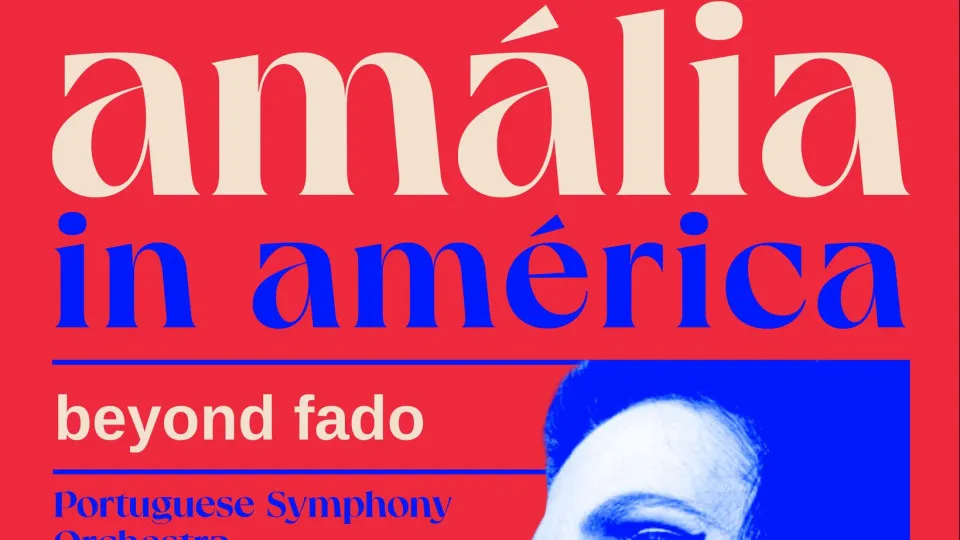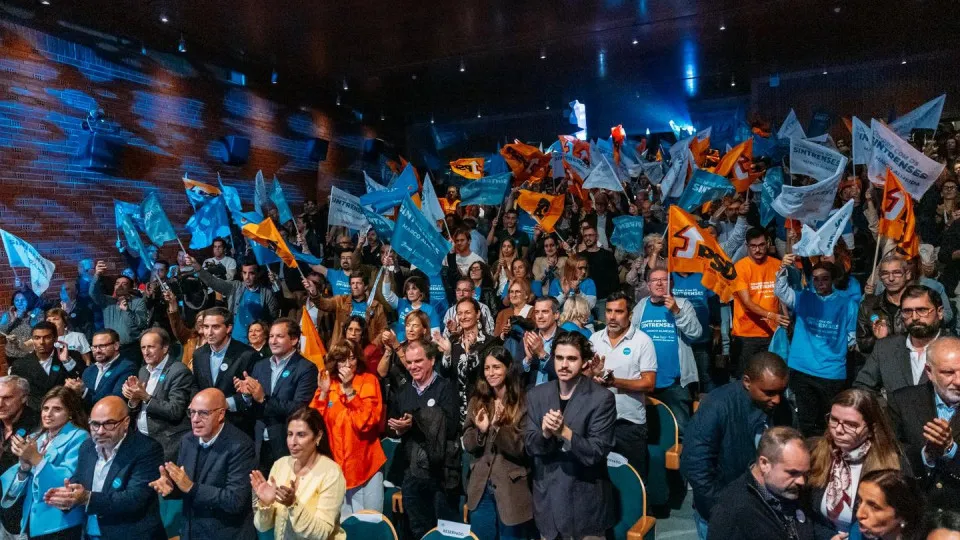
During a press conference near Times Square in the heart of Manhattan, three fado singers expressed great anticipation for their performance in one of the world’s largest venues, accompanied by an orchestra with renewed arrangements in a tribute to Amália Rodrigues (1920-1999).
“It is a very specific repertoire that Amália recorded and sang, which is not traditional fado. It is to sing this songbook, accompanied by the orchestra, with renewed arrangements and, in some way, remain faithful to the active principle of this Amália Rodrigues show,” said Raquel Tavares.
“There are a series of factors that could somehow weigh, but altogether they bring me an extraordinary sense of lightness, I confess. Of course, I am very excited and expectant to sing in one of the largest venues in the world, but all these factors, all these complements become light because we are working together to make it a memorable night, and I, with all modesty and because we are together, believe it will be,” she added.
Under the direction of conductor Jan Wierzba, the Portuguese Symphony Orchestra will take the stage for the first time in the United States, accompanied by the voices of Cristina Branco, Raquel Tavares, and Ricardo Ribeiro, in a tribute that promises to mark the history of Portuguese music on American soil.
The lineup will blend traditional fado with Broadway songs that Amália Rodrigues recorded in the United States.
The arrangements were created by five prominent Portuguese composers and orchestrators: Carlos Azevedo, Daniel Bernardes, Filipe Raposo, Pedro Duarte, and Pedro Moreira.
Although the three fadistas have previously performed in the United States, Cristina Branco anticipates that this time it will be completely different, as she will be on stage accompanied by dozens of other musicians.
“We are at Carnegie Hall, one of the most iconic venues in the world. I had never sung at Carnegie Hall, much less with a symphony orchestra. It is a completely different version for an audience that I would say is identical, but we have the weight of the venue and the weight of having many more musicians working. So it’s like a first time, in reality,” she admitted to Portuguese journalists.
Ricardo Ribeiro noted that this will also be an opportunity to bring a bit of their own culture and “a little bit of home, its smell and its land” to the Portuguese diaspora.
“We have traveled a lot, the three of us have sung all over the world. And there is nothing like knowing that there are Portuguese people in the audience, regardless of whether we are singing to locals. Having Portuguese people in the audience makes everything more, dare I say, warm, makes everything more like home,” Raquel Tavares equally highlighted.
The concert, titled ‘Amália na América — Além do Fado,’ is a production by Égide — Associação Portuguesa das Artes, co-organized with the Luso-American Development Foundation (FLAD), and is part of the closing of the 40th-anniversary celebrations of this institution.
Amália began performing in the United States in 1952 at the La Vie en Rose nightclub in New York City, where the lineup also included Edith Piaf and Marlene Dietrich. Amália’s performances in America continued at the Hollywood Bowl, Lincoln Center, Carnegie Hall, and on television.
In 1966, she was a soloist in symphonic concerts with the New York and Los Angeles Philharmonic Orchestras, presenting traditional Portuguese songs and fados.
“This concert celebrates the life and legacy of Amália Rodrigues, the unforgettable voice of fado and one of Portugal’s greatest cultural icons,” the organization indicated.




